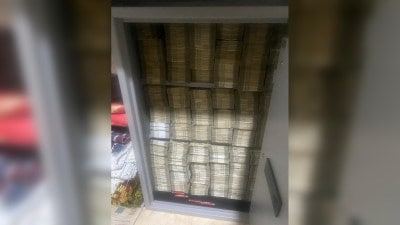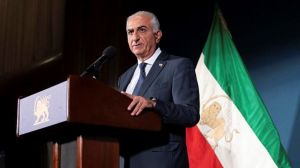Craft a conversation
UPA must start talking to BJP. It has the most to lose if the next Parliament session is not fruitful
As the winter session of Parliament draws closer,the UPA needs to begin laying the ground. It has a new,energetic parliamentary affairs minister in Kamal Nath. It also has,after three and a half years of listlessness,a charter of reforms to push for. In the last month,the government has initiated some long overdue moves towards moderating the fuel subsidy and opening up FDI in retail and aviation,setting up a national investment board for high-priority infrastructure projects and mapping out a fiscal timetable. It has a long way to go,however,and relatively little time. If it is to make good on its stated commitments,from the land bill to the goods and services tax,or the proposed pension,insurance and banking reforms,it will need cross-party cooperation in the House.
With assembly elections unfolding in two states,it will be an uphill task,but the UPA needs to reach out to the opposition. It needs to persuade them to set aside partisan combat,if temporarily,to engage meaningfully on economic outcomes that the BJP,at least,is partially on board with. This will be a hard sell,if the BJPs recent positions are anything to go by it has already got its back up on many of the financial bills,especially where they diverge from the standing committees recommendations,and has indicated its intention to gang up with Mamata Banerjee over FDI in retail. In the last session,it took its disagreements to the streets,instead of expressing them fully in Parliament.
The BJP may well be belligerent,but it is ultimately the governments duty to rally support in the House. It must frame the economic issues in a way that makes it difficult for the BJP to disown their aims without looking blatantly hypocritical. Now that it has finally roused itself to act,and revamped the executive,with Congress ministers in key posts after problem ally TMCs withdrawal,it must make sure that its parliamentary to-do list is accomplished. At the same time,it is also true that the UPAs strategy will have to address not only a resistant or even obstructionist opposition,but also sections within the Congress party who have still not reconciled themselves to the purposeful economic decision-making this moment calls for. For instance,the last-minute undercutting of the land bill by Congress leaders,conveying their discomfort with apparent concessions to industry,is likely to mean that this pressing legislation is delayed yet again. These frenemies within the party are the UPAs first challenge,even before it takes on the opposition in Parliament.
- 01
- 02
- 03
- 04
- 05































